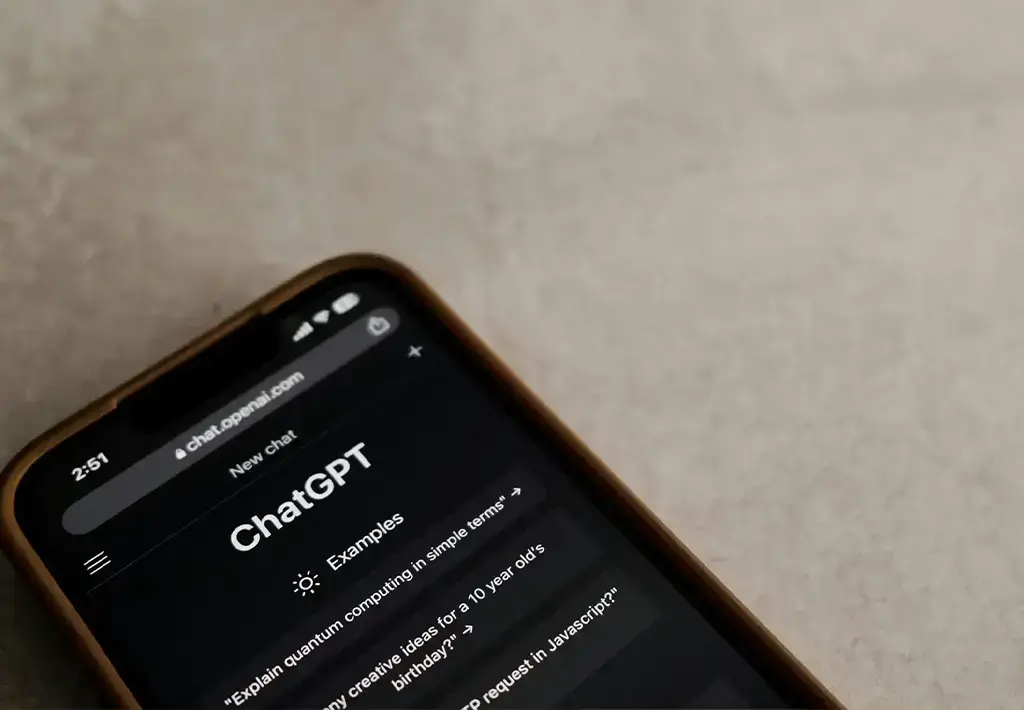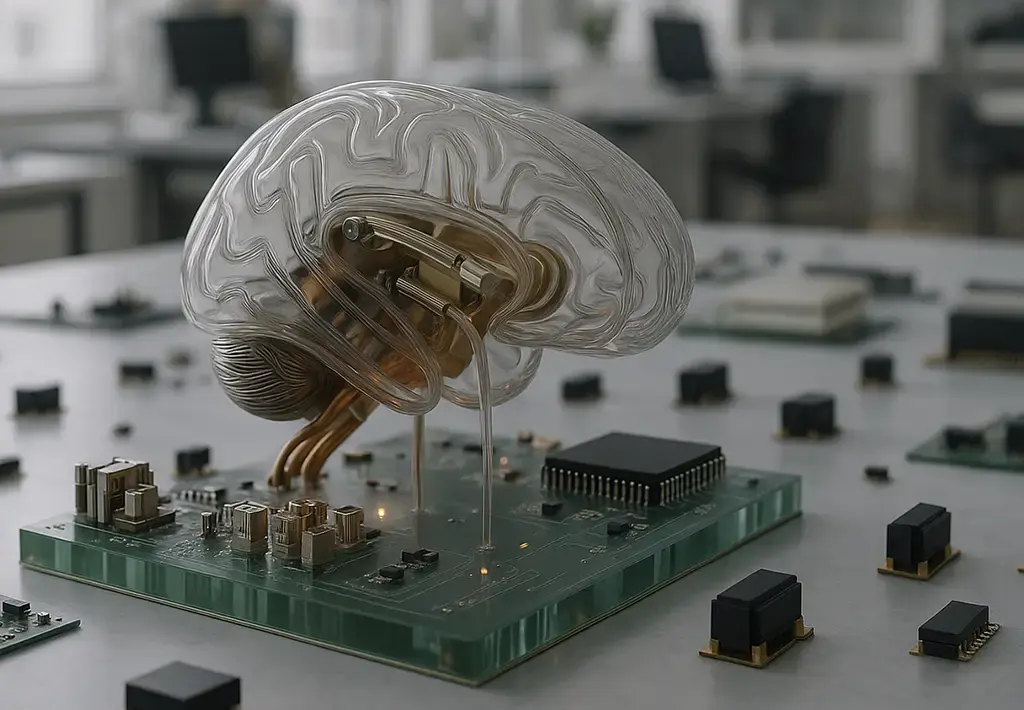What does it take to become truly AI-native? While many businesses have explored the potential of this rapidly evolving technology, building an AI-native culture involves more than employee tool access and experimentation. It means embedding AI into daily work, transforming how teams solve problems, make decisions and deliver value.
As we support our customers in achieving this level of AI adoption, we’ve also embraced AI internally, empowering nearly 9,000 employees with OpenAI’s ChatGPT Enterprise and the expertise to integrate it into their working lives.
Our strategic approach has led to the creation of more than 300 custom GPTs, independent knowledge sharing sessions and enterprise-wide governance. This work is a core part of our global business transformation programme, Keystone, designed to embed AI fluency, automation and innovation across the organisation.
Here, we’ll share how we’ve operationalised AI adoption at scale and why we’re leading by example, deeply embedding AI in our work.
Strategic rollout to scalable enablement
Our ChatGPT rollout began with a small pilot involving 150 employees, which allowed us to quickly gather feedback and fine-tune our approach before a wider rollout, which will soon reach 9,000 users.
From the outset, we focused on equipping teams with the tools, training and support needed to integrate AI into their workflows with confidence. Access to the tool was not merely about experimentation for experimentation’s sake, but about achieving real outcomes.
As we scaled the rollout, we implemented a series of carefully planned initiatives, including:
- An AI champions network: A group of enthusiastic early adopters and experts established initial best practices, feedback and support.
- Structured training: Mandatory training ensured all employees could responsibly and ethically use AI from the outset. Additional employee-led training has accelerated this upskilling by promoting a skill-sharing culture, empowering learning and building confidence.
- A company-wide transformation programme: Our global business transformation programme, Keystone, has driven enablement at scale, providing tools, competitions, collaborative spaces and opportunities to showcase some of the best AI use cases across the business.
- Enterprise-wide governance: To scale AI use effectively, we’ve introduced a governance framework, which includes a golden standard for GPT development and a GPT Navigator to help employees find and build on existing solutions.
Departmental innovation
This company-wide enablement strategy has delivered meaningful results across departments. One of our most enthusiastic adopters has been the legal team, led by Rohit Bhoothalingam, Group General Counsel.
Armed with expertise instilled through structured training and support from AI champions, the department organised hackathons to develop and deploy custom GPTs to support their workflows. Some tools have helped the team reduce reliance on individual domain or language experts, while others have led to significant time savings.
Here’s just a snapshot of the tools built so far:
- Third-party screening GPT: Automates compliance and due diligence research on topics such as company ownership and adverse news. This GPT has saved 40-50% of time, enabling a 24-hour turnaround on tasks despite a 30% increase in requests.
- Request for proposal (RFP) GPT: Assists with first-pass reviews of tenders and RFPs based on jurisdictional playbooks. Already, this cuts up to 80% of time on initial reviews.
- Non-disclosure agreement (NDA) GPT: Identifies compliance and flags issues in NDAs, enabling self-service for standard contracts
- Insurance clause reviewer GPT: Provides guidance on insurance clauses, saving time and improving risk mitigation and negotiation support.
- Supplier contract GPT: Generates contracts from structured inputs, saving up to 30% of time on drafting and manual review.
- Share plans FAQ GPT: Acts as a chatbot to answer employee questions, which the team anticipates could save as much as 30-40 hours of work a month.
- Data protection GPT: Supports reviews of privacy policy and flags regulatory changes. This has cut internal review time by 20-30%, reducing external legal dependency.
Having embedded ChatGPT into their work, many Endavans are now advancing into agentic AI workflows. One example is a cross-functional initiative under our Keystone programme, in which the finance and legal departments are developing an agentic system to automate contract data extraction from multiple sources without manual intervention.
This is a powerful example of how agentic AI can support teams handling sensitive, high-volume data. It demonstrates how AI can safely enhance core business functions by reducing risk and improving accuracy. It also sets the foundation for broader adoption of agent-led workflows across the organisation.
Delivering an AI-native approach
With AI now deeply embedded in daily life at Endava, we’re showing that we’re not just talking about AI-native transformation, we’re delivering on it – both internally and for our customers. Using the tools and strategies we support our customers with, we’re demonstrating real results, showcasing the power of AI and internal enablement.
From streamlining workflows to fostering grassroots learning, innovation has taken hold across departments. We’re providing the tools, strategies and expertise to enable our clients to achieve the same, helping them understand the transformative potential of AI.
Explore our partnership with OpenAI to learn more about how we can support your organisation’s journey to becoming AI-native.



